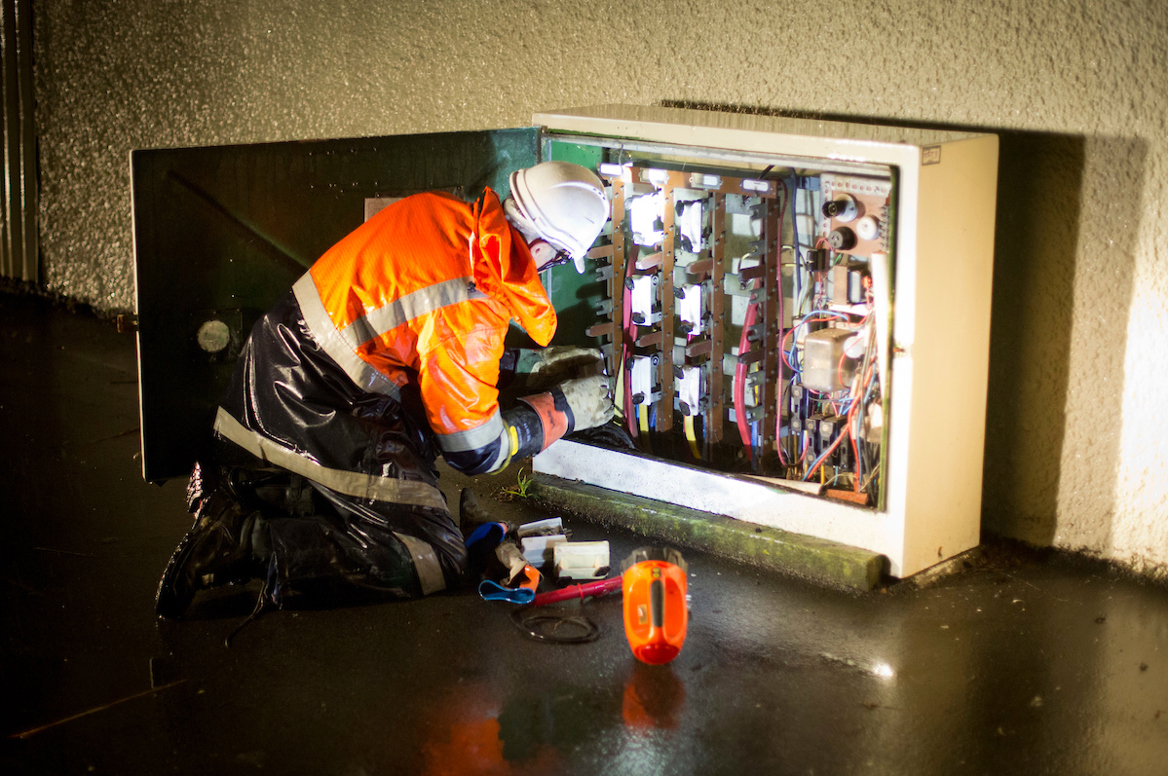Be Prepared for Power Outages
Electricity networks across New Zealand have become more resilient, but wild weather or natural disasters can still cause damage to poles, wires, and other electrical equipment, leading to power outages that could last hours, days or even weeks.
When the power goes out, we quickly realise how much we rely on electricity for our daily activities.
We know that power outages are disruptive, and we work hard to restore your electricity supply as quickly as possible. However, please keep in mind that restricted access, challenging working conditions, and safety concerns for our team can sometimes delay restoration efforts.
You can also report an outage by calling us on 0800 NO POWER.
Centralines' advice to customers
Are you medically dependant on electricity?
Please ensure you have registered yourself as medically dependant with your electricity retailer - their contact number can be found on your power bill. In the event of a power outage, activate your back-up plan, or call 111 if you are feeling unwell or have no alternative support plans in place.
'Get Ready to Get Thru'
Civil Defence have a range of detailed information on how you can be ready to cope in a crisis, and we recommend you take a moment to read their advice:
- Find out what could happen - The most likely hazards for your regions have been researched. Look under hazards information for what to do in each type of emergency.
- Create a household emergency plan - Check your insurances and make sure your house is quake safe, then make your plan - look on the Get Thru website for a guide.
- Complete a househeld emergency checklist - Print off a checklist from the Get Thru website.
- Have a getaway kit - Look on the Get Thru website for contents.
- Practice and maintain your plan with your family - Remember after a disaster, initial help during the first three days may be very limited.
What can you do?
Ask yourself the following questions and, if you aren’t prepared, make it a priority to get ready to get through.
Can I keep my family warm and fed?
Keeping the gas bottle on your BBQ full will ensure you always have a cooking source in a power outage. Some fireplaces are also designed to be used as a hot plate, which provides another way to boil water or heat food. Don’t forget to have spare food for your pets in your emergency kit. If you rely on electricity for heating, consider getting a portable gas heater with a full gas bottle as a back-up heat source. Make sure you have plenty of warm blankets handy, wear extra clothing, and take all steps to conserve heat in your home by closing doors, windows and curtains, and using towels to block any drafts.
Do I have a source of light for night time?
The best option is an all-weather torch with plenty of spare batteries. Candles are an option, but greatly increase the risk of fire, and with emergency services usually fully committed to life-saving operations during a crisis, it’s a risk best avoided.
How will I keep in touch with important news updates?
A battery-operated or wind-up radio is the best way to keep informed in the early stages of a crisis. Depending on the crisis, even radio networks can be affected, which makes even more important to have an emergency plan and kit at hand. Phone networks and cell towers can also be affected, so you may not be able to use your phone to call, text or check social media until these services are restored. Having a car charger for your phone is also a handy way to boost your battery while the electricity is out, plus you can listen to your radio if you don’t have one already.
During power outages, Centralines regularly advises the following safety precautions:
-
Check for fallen or damaged electricity lines.
Never touch wires or lines lying on the ground, over fences, hanging from poles, or objects such as tree branches that may be touching them. Fallen lines or wires may still be carrying an electrical current and could shock, injure or even kill if touched. -
Turn off the power at the main switch
If you suspect any low power or a damaged supply to your home. If the power goes out, turn off electrical appliances, but leave one light on to indicate when the electricity supply is restored.

Helpful Links
